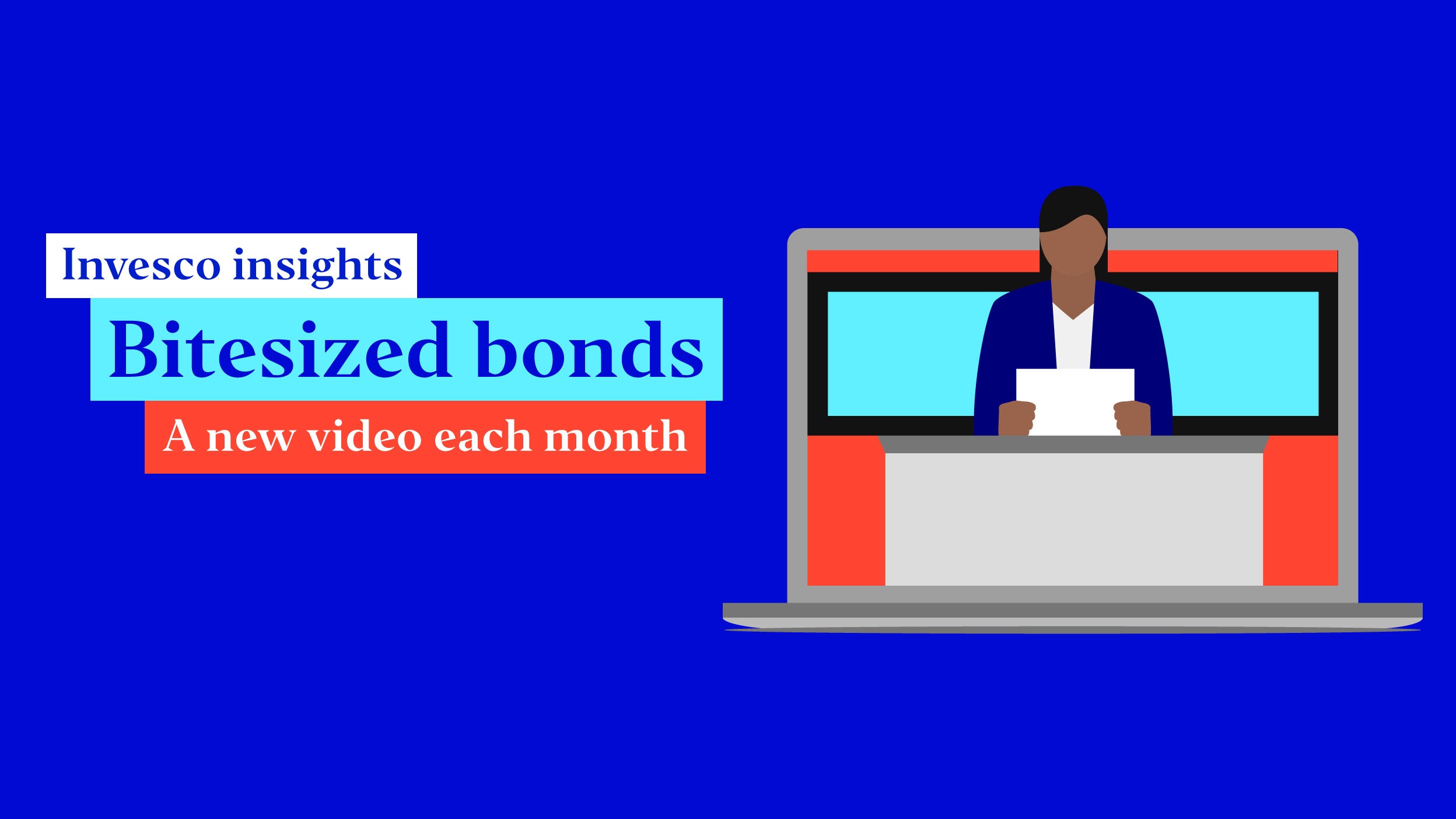
Emerging market local debt | Monthly macro insights
Each month, our experts share their views on the emerging market (EM) local debt asset class. Read their outlook and discover which markets they believe are presenting the most attractive opportunities.







